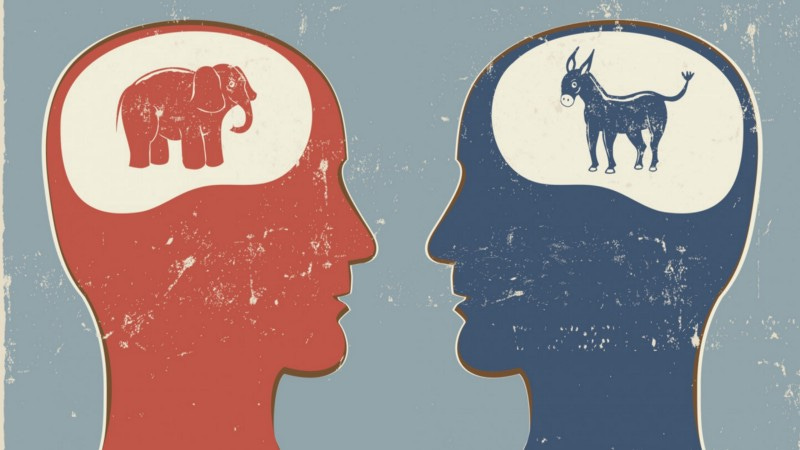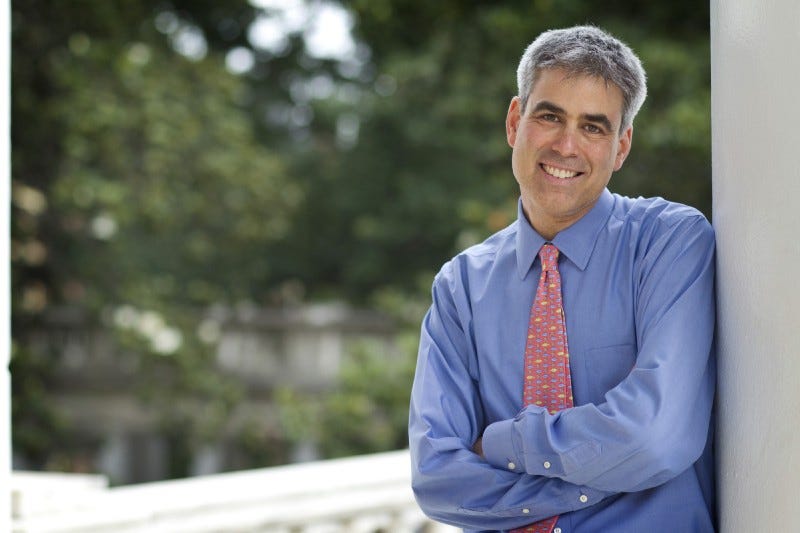Why Good People are Divided by Politics and Religion (Book Review)
The book starts by trying to answer where morality comes from. How it differs between cultures, how some is based on gut feelings of…

The book starts by trying to answer where morality comes from. How it differs between cultures, how some is based on gut feelings of disgust and disrespect, and how it stretches beyond the experience and understanding of harm. It lays down the basic 3 frameworks: a nativist one, an empiricist one, and the rationalist one. The latter being the current paradigm when Haidt entered social psychology. He explains why this is wrong, with very solid arguments and research, some of which he authored.
Ever since starting studying psychology, more specifically cognitive biases, I’ve come to realize that the view I had of myself, and humans beings in general, as “rational” agents have been demolished. Haidt calls this the rational delusion, which I find quite fitting, and it’s very prevalent in scientific and philosophical circles. This view of ourselves, however, can only be had if one is completely oblivious to the evidence of how truly flawed our cognition is. We are indeed capable of reasoning, but it’s not unbiased reasoning, it serves to justify our already made beliefs, often without knowing it ourselves. Haidt gives a strong case to view morality based on intuitions, which are defended through post-hoc by reason, what can be called a Humean model, with a social add-on.
The mind is divided into 2 parts, a rider (conscious controlled cognition) and an elephant (automatic conscious cognition). We “are” the rider, but we evolved to serve the elephant. Even with the reasoning is poor, it doesn’t change our moral intuitions. Social and political judgements depend on the elephant’s intuition and thus frame our political beliefs. However, these judgements are independent, we work in groups, and not as individuals. Our elephants work in teams, and each rider supports their team. “Our moral thinking is much more like a politician searching for votes than a scientist searching for truth.”
Then it explores the Moral foundations’ theory, a bulk of Haidt’s life work, along with Jesse Graham, Richard Shweder and many others. Morality is broader than harm and fairness, and it’s hard to see beyond it because it dominates our social circle: people who grow in Western, educated, industrial, rich, and democratic (WEIRD) societies. However, we’re outliers, not the norm. We frame the world as objects, while other cultures often focus on relationships.
here is 6 aspects of morality: care, fairness, loyalty, authority, sanctity and liberty. Each evolved for a specific purpose, and different moral frameworks are combinations of these. Liberalism is dominated by care and fairness, while conservatism is more balanced, which seems to be the norm outside of WEIRD cultures. Each belief creates a “team” one belongs to, and it’s very hard for people to see outside of it. These beliefs likely have a root in a form of modularity, innate receptors that bias us (but not deterministic) towards a certain team.
Then Haidt gives a thesis on the importance of groups, morality, evolution and how they work together. As he says, we’re 90% chimp and 10% bee. It gives 4 main arguments for group selection, which is still quite controversial in the field: Major transitions produce superorganisms, shared intentionality generates moral matrices, genes and cultures coevolve, and evolution can be much faster than commonly thought.
He calls our special ability to work in groups the Hive switch, the 10% that makes us special compared to chimps. We can transcend self-interest and work for something larger than ourselves. Largely based on Durkheim’s idea of Homo duplex, a division of profanity (working at the individual), and the sacred (the group, part of the whole). This part of our nature is undeniable, and good arguments and evidence are provided to support it. Finally, he ties our bee nature with religion, and its role in morality and social binding.
It’s truly a fantastic book, and a must-read for anyone interested in understanding politics, morality, or human beings in general. While it’s not a technical book, it certainly gives you a comprehensive look at anthropology and social science on how it relates to politics and morality.
“Morality binds and blinds. It binds us into ideological teams that fight each other as though the fate of the world depended on our side winning each battle. It blinds us to the fact that each team is composed of good people who have something important to say.”

Thanks for reading. If you like non-fiction book reviews, feel free to follow me on Medium. I also have a philosophy podcast. If you want to check it out look for Anagoge Podcast.
Tiago V.F.



